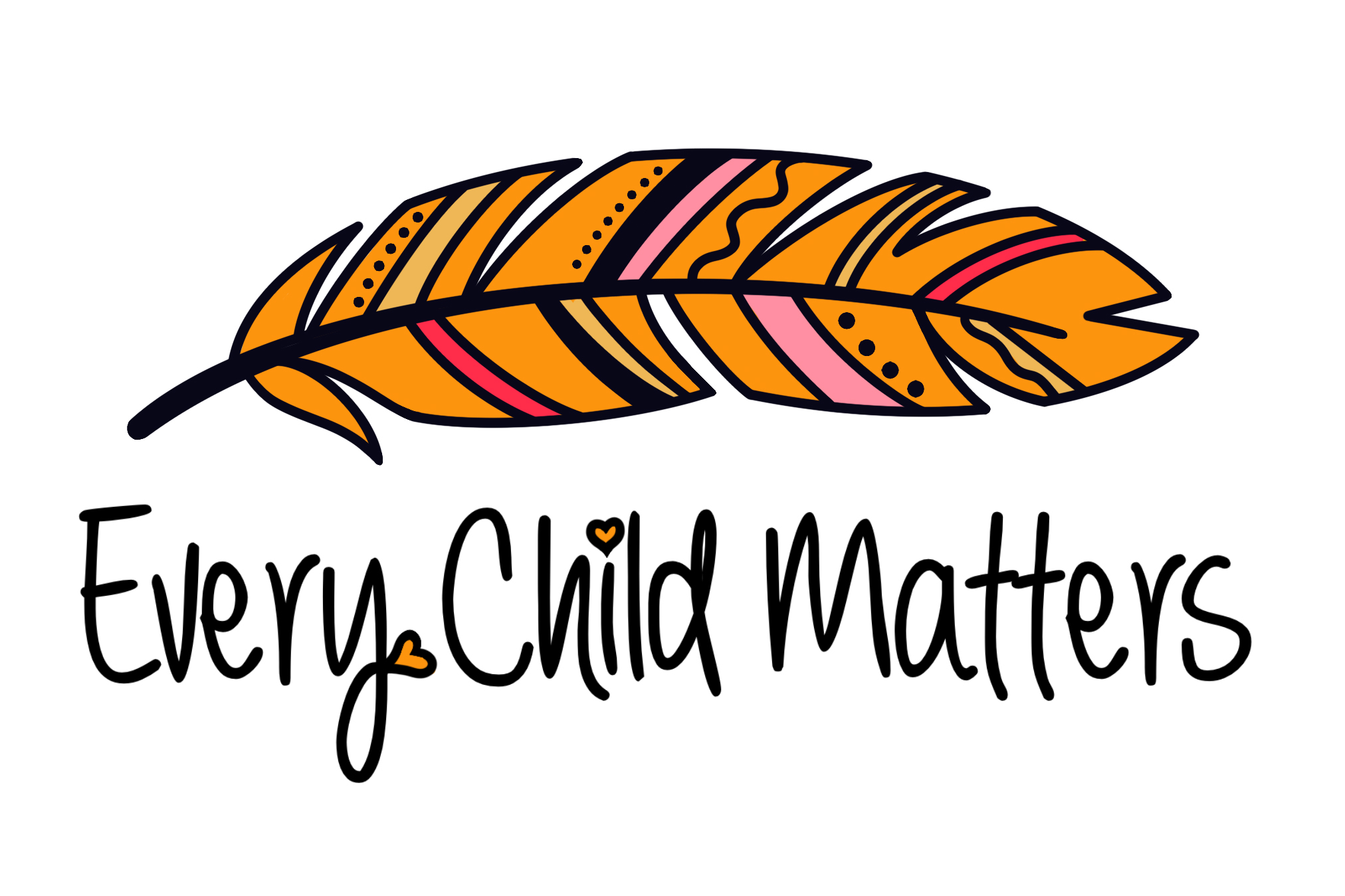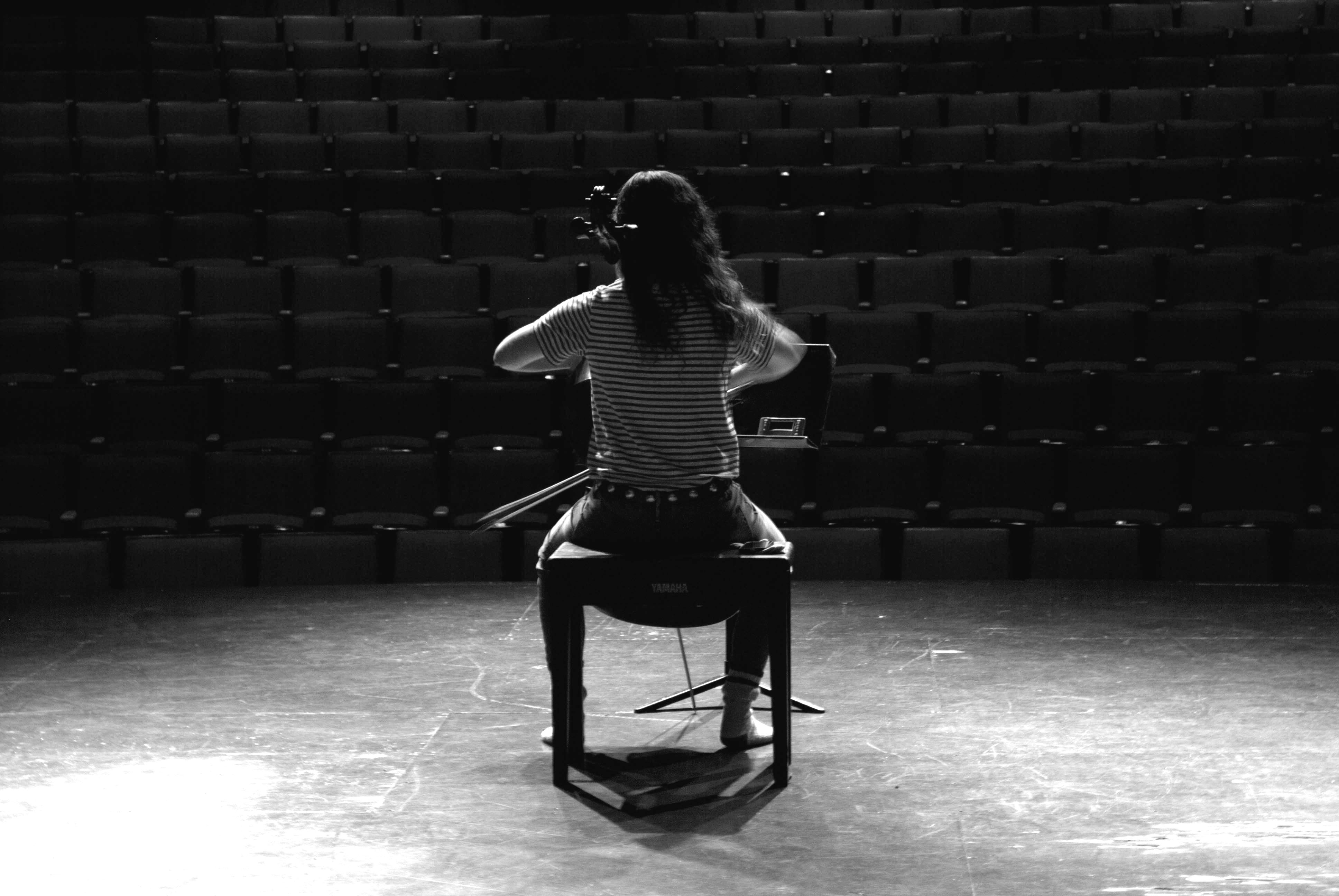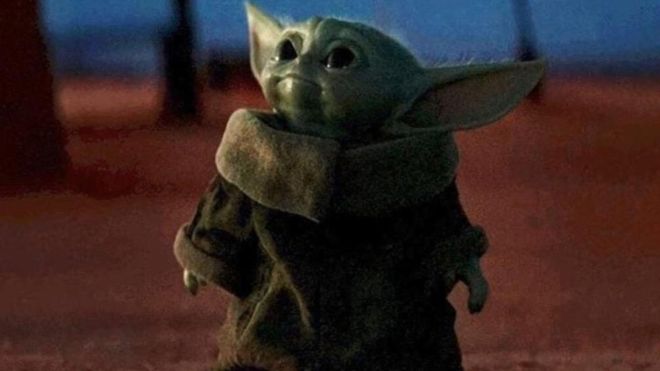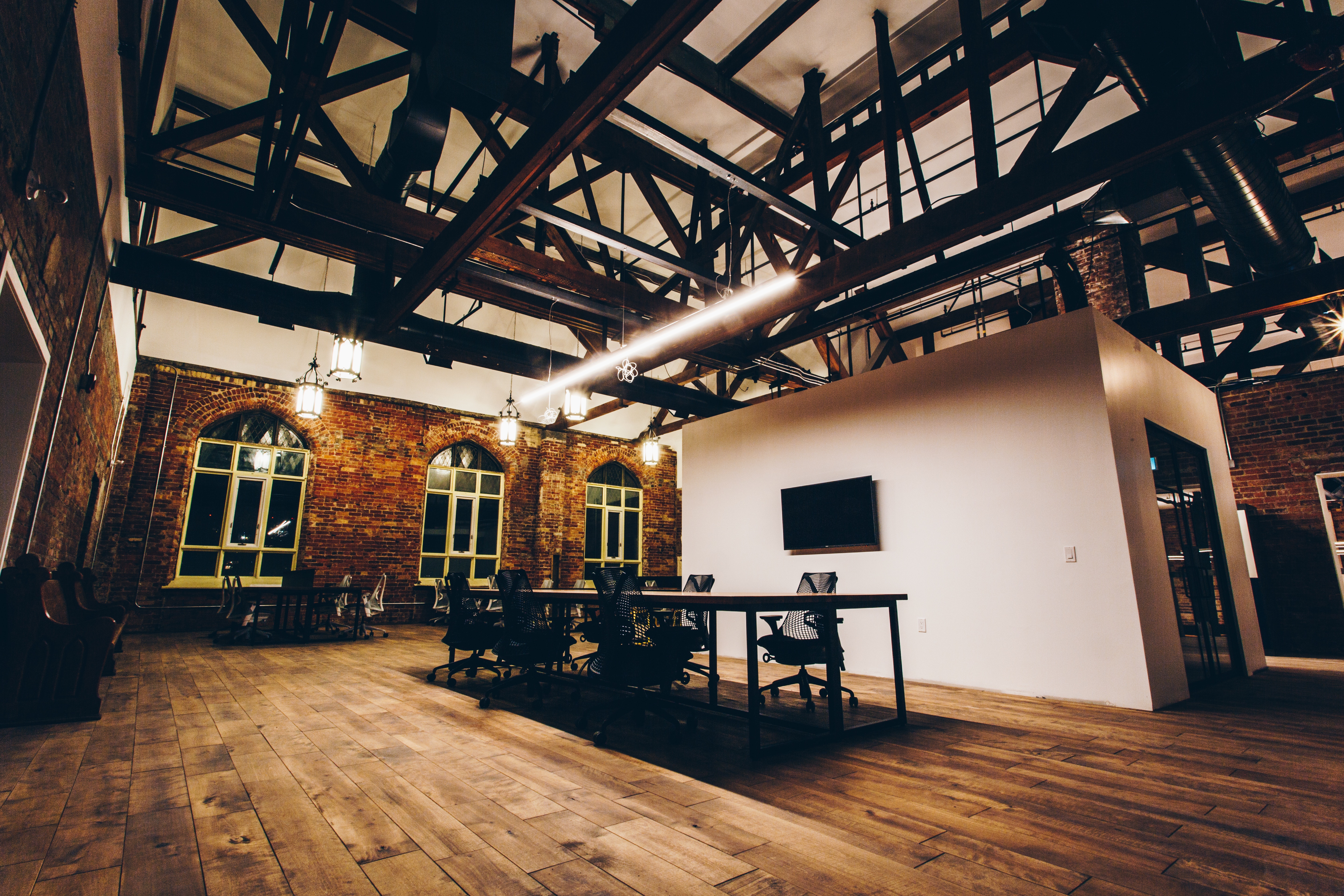In the not-too-distant past, a professor advised me against researching Indigenous studies because I am not Indigenous myself. I am very grateful that I chose not to follow this advice and pursued my research with a genuine willingness to listen to and learn from Indigenous peoples in Canada. It makes me question: How could I take an active role in sharing the responsibility for reconciliation?
I want to share my experience of 2024 Mawio’mi (which means gathering in Mi’kmaw) from September 30 – October 4, called Kesalul! ReconciliACTION, a week on campus and in Wolfville that brought significant personal and professional transformations in my life. During this time, I learned from the wisdom of the Elders and gained a deeper understanding of the necessity of kinship in the pursuit of reconciliation. Kinship emphasizes the importance of living harmoniously with one another and respecting our relationships—both among people and with the more than human world. I have come to realize that recognizing and honouring kinship is fundamental to achieving genuine reconciliation.
Some classmates and I began the National Day for Truth and Reconciliation by helping Elder Dr. Joe Michael build a tipi in Clock Park. He taught us how tipis provide shelter and warmth, promote connection to family and community, and symbolize a firm connection to the earth. As students who pass by the Clock Park in Wolfville’s downtown or at Rhodes Hall every day and see the tipi in the heart of campus, we have an opportunity to reflect on our values and remember our responsibility in the pursuit of reconciliation.
I was fortunate to be introduced to Dr. Piita (Peter) Irniq, an Inuk Elder, former Nunavut Commissioner, a former elected legislator in the Northwest Territories Legislative Assembly and a survivor of the residential “school” system. He has an impressive background in advocating for Inuit culture, language, and way of life. In his keynote talk, titled “Beyond Colonialism”, Dr. Irniq made a powerful reflection on his life and the impact of colonialism on Inuit and Indigenous peoples’ individual lives and communities’ well-being. He highlighted the policies and practices necessary to heal the damage caused by these colonial experiences. Listening to Dr. Irniq’s insights sparked a desire in me to learn more from his teachings, and I looked forward to following his work on campus in the days ahead.
The next day Dr. Irniq began constructing an Inuksuk at the entrance of the Acadia BAC. During this process, as he laboured, he shared insights about the deep connection Inuit have to the land. He explained that Inuit see land, water, and ice as essential components of their culture and way of life. Dr. Irniq emphasized the importance of selecting stones for the Inuksuk with care and attention, ensuring that the final structure would be perfect. He shared that Inuksuit are not only markers for reaching a destination, but they also symbolize the journey itself. This structure, recognized in many places around the world, holds deeply significant cultural meaning for Inuit, serving as a directional guide that represents security, hope, and friendship. Its meaning goes beyond simply indicating “you are on the right path”. It also embodies sacred intentions related to respect, physical and spiritual guidance.
Dr. Irniq explained to us that the knowledge of building an inuksuk is traditionally passed down through generations. Each stone structure serves a specific purpose. Here at Acadia, the aim is to honour the survivors of residential schools, remember those who never returned home, and acknowledge the pain endured by their parents and siblings, who suffered when they were forcibly taken from their homes. The inuksuk on our campus provides an opportunity for us as students to reflect on our role in reconciliation every day.
During the process of building the inuksuk, I was deeply impressed by Dr. Irniq’s patience, skill, and delicacy. Throughout the entire experience, he devoted himself to teaching those around him. We explored many locations in the Annapolis Valley in search of “perfect rocks” striving to deliver his best work once again, given that he is invited to build Inuksuit around the world. Observing how he interacted with the land, trees, and nature led me to reflect on my own relationship with this significant part of us that we often overlook in our daily lives.
Through this experience, I learned about “Avatittinnik Kamatsiarniq,” an Inuit value that emphasizes respect and care for the land, animals, and environment. Inuit have a deep and enduring connection with nature and teach us that honouring our surroundings, not only respects the environment but also acknowledges the importance of preserving it for future generations.
I finished the Mawio’mi week transformed in many ways, particularly how I see life and relationships. Most importantly, I gained a deeper understanding of my role in seeking reconciliation. Dr. Lianne C. Leddy, an Indigenous professor at Wilfrid Laurier University, explains “As an Indigenous person and a professor of Indigenous Studies, I am often asked about reconciliation. Students, colleagues and acquaintances alike want to know what it means, how to engage with it and what Indigenous peoples are doing about it. I always respond with the same answer: reconciliation is for everyone. Reconciliation is not a process only for Indigenous peoples to undertake. Rather, it is rooted in relationship, healing and sharing”. Therefore, this role is not just mine—it’s also yours, dear reader and Acadia’s student body. We each are responsible for ensuring that everyone in Canada understands what reconciliation truly means. We are fortunate to have Indigenous experts at Acadia who can guide us on this journey.
Never believe this commitment isn’t for you, even if someone suggests otherwise. Everyone must comprehend how the atrocities of the past persist today. We must take action to address the ongoing impacts of decades of systemic racism, colonialism, and the erasure faced by Indigenous peoples.
Perhaps the advice I received to avoid Indigenous studies came from someone in her comfort zone, but I don’t want to be comfortable; I want the truth. I want to embrace the uncomfortable truths because they can be transformative. I want to have the practice of listening to the truth. I want to be thirsty for learning when I listen to the Elders. I want to recognize opportunities and obligations to work towards the pursuit of real truth and reconciliation every day.
*Daniel Saunite Filho is a Master’s student in the Department of Politics.





